
Recommendation
Venture capital promotes innovation and research which, in turn, boost economic development. Yet at both the national and supranational levels, venture capital investing lags in the European Union. IMF professionals Nathaniel Arnold, Guillaume Claveres, and Jan Frie explore the disadvantages of different tax and regulatory regimes and of less developed capital markets in promoting venture financing. They suggest incentives for greater investment by institutions and individuals. Financial professionals will find this a useful analysis.
Summary
About the Authors
Nathaniel Arnold, Guillaume Claveres, and Jan Frie are with the IMF.








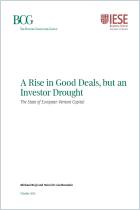
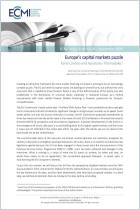

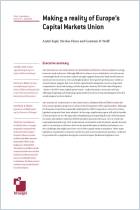
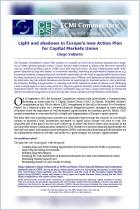
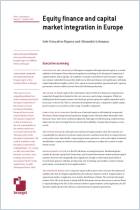









Comment on this summary or Comenzar discusión